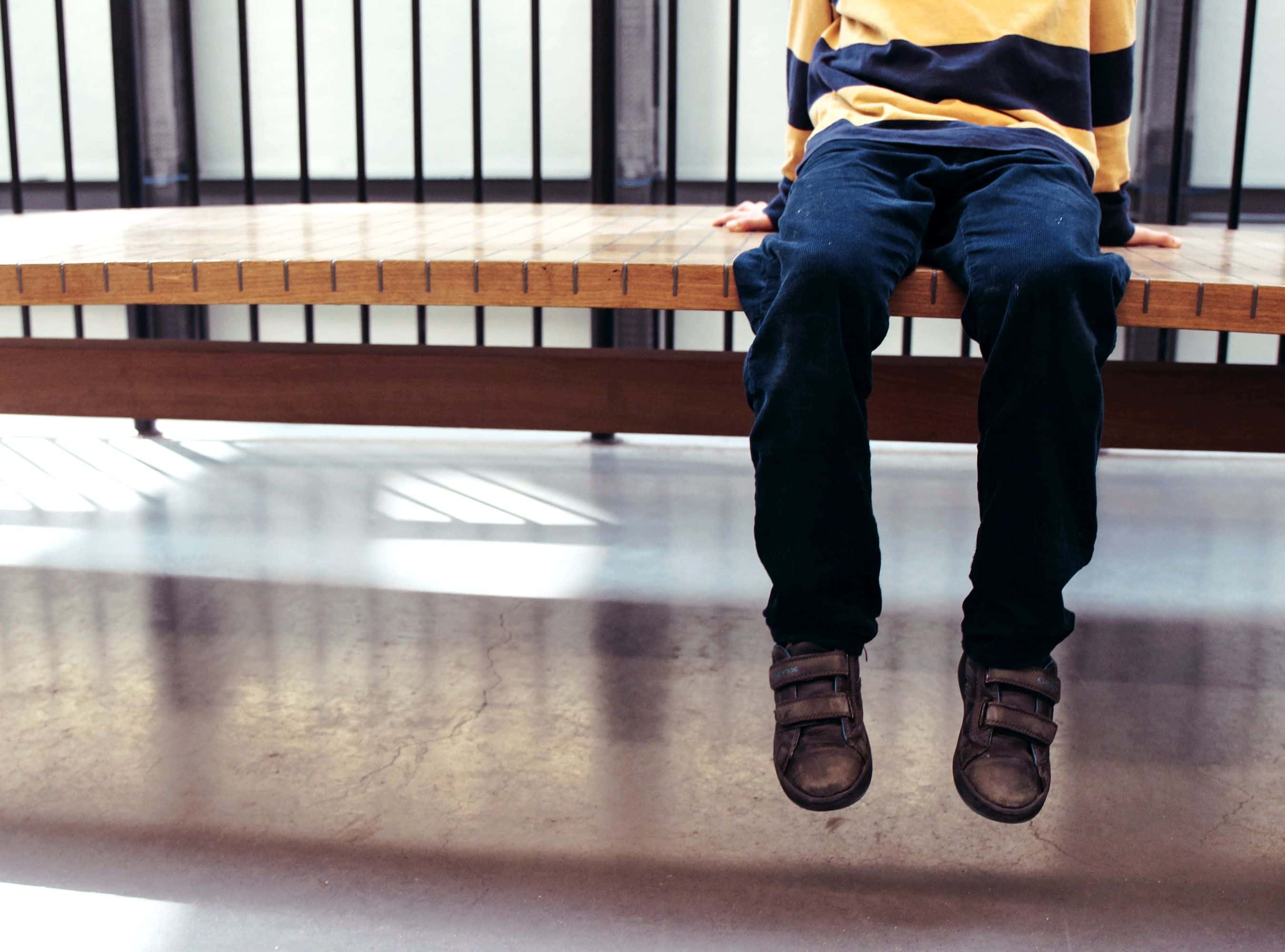Court: Court of Appeal of California, Fourth Appellate District, Division OneJurisdiction: FederalCase Name: People v. Van DrutenCitation: 2019 Cal. App. Unpub. LEXIS 6726
The defendant’s motion to exclude testimony from the plaintiff’s psychology expert witness testimony regarding child sexual abuse accommodation syndrome was denied due to failure to fulfill requirements of Evidence Code section 801.
Facts
A jury found the defendant guilty of six felony counts of sexual misconduct involving a child under 14 years of age and two misdemeanor counts of child molestation. Both incidents of sexual misconduct related to displaying pornographic videos of the victim. The court sentenced the defendant to a maximum prison term of 18 years. One of the motions in the defendant’s appeal included a challenge to the trial court’s admission of testimony from a psychology expert witness.
The Psychology Expert Witness
A clinical psychologist testified on myths and misconceptions related to child abuse, including the identification and reporting of child abuse by victims. The psychology expert testified that not all children disclose the information during their first forensic interview and that psychology professionals may need to bring the child in for a second or third interview to reveal the necessary information. The expert further testified that children who are abused by people they have relationships with appear not to be reported immediately because the abuse occurs in a relationship in which the child has both positive and negative interactions, complicating things for the child.
The psychology expert witness testified that children between the ages of five and six may suppress memories of abuse by not actively thinking about them or not completely encode memories due to shock. The expert clarified that if no one reveals anything, the violence can continue. A child abused by a family member will wish later to re-establish a relationship with the abuser as an adult, hoping that the positive aspects of the relationship will be re-established. The expert testified that she was only testifying in general about child molestation and knew nothing about the facts of the case.
Discussion
The court noted that the trial court did not err in finding that most jurors lack the personal experience of recognizing the actions of survivors of child sexual abuse. The court was of the opinion that because these observations are outside the common knowledge of the jury, it was fair for the trial court to infer the expert testimony at issue on the common reactions of the child disturbance victims, and therefore the testimony was relevant.
The expert provided evidence of opinion that clarified misconceptions about the actions of sexually abused children on the basis of education and clinical experience. The court noted that “the Kelly / Frye rule does not apply to this kind of proof,” citing People v. Harlan. The court further noted that “prejudicial testimony is not associated with evidence that is detrimental to the defendant,” citing People v. Karis. Applying this rule, the court found no justification for the inference of an erred trial court. The court rejected the defendant’s claim that the jury might have misinterpreted or misused the evidence as a diagnostic tool for the agitation of the child.
Moreover, the defendant failed to prove that the child sexual abuse accommodation syndrome violated his constitutional right to a free and fair trial. Thus the court rejected this claim. In addition, the court found that even considering that the expert’s testimony had been accepted in error, any error was harmless because the expert did not provide proof of the facts in this case. It was obvious that the expert did not know anything about the plaintiff or the defendant.
Held
The defendant’s motion to exclude the testimony of the psychology expert witness was denied.
About the author
Zach Barreto
Zach Barreto is a distinguished professional in the legal industry, currently serving as the Senior Vice President of Research at the Expert Institute. With a deep understanding of a broad range of legal practice areas, Zach's expertise encompasses personal injury, medical malpractice, mass torts, defective products, and many other sectors. His skills are particularly evident in handling complex litigation matters, including high-profile cases like the Opioids litigation, NFL Concussion Litigation, California Wildfires, 3M earplugs, Elmiron, Transvaginal Mesh, NFL Concussion Litigation, Roundup, Camp Lejeune, Hernia Mesh, IVC filters, Paraquat, Paragard, Talcum Powder, Zantac, and many others.
Under his leadership, the Expert Institute’s research team has expanded impressively from a single member to a robust team of 100 professionals over the last decade. This growth reflects his ability to navigate the intricate and demanding landscape of legal research and expert recruitment effectively. Zach has been instrumental in working on nationally significant litigation matters, including cases involving pharmaceuticals, medical devices, toxic chemical exposure, and wrongful death, among others.
At the Expert Institute, Zach is responsible for managing all aspects of the research department and developing strategic institutional relationships. He plays a key role in equipping attorneys for success through expert consulting, case management, strategic research, and expert due diligence provided by the Institute’s cloud-based legal services platform, Expert iQ.
Educationally, Zach holds a Bachelor's degree in Political Science and European History from Vanderbilt University.



